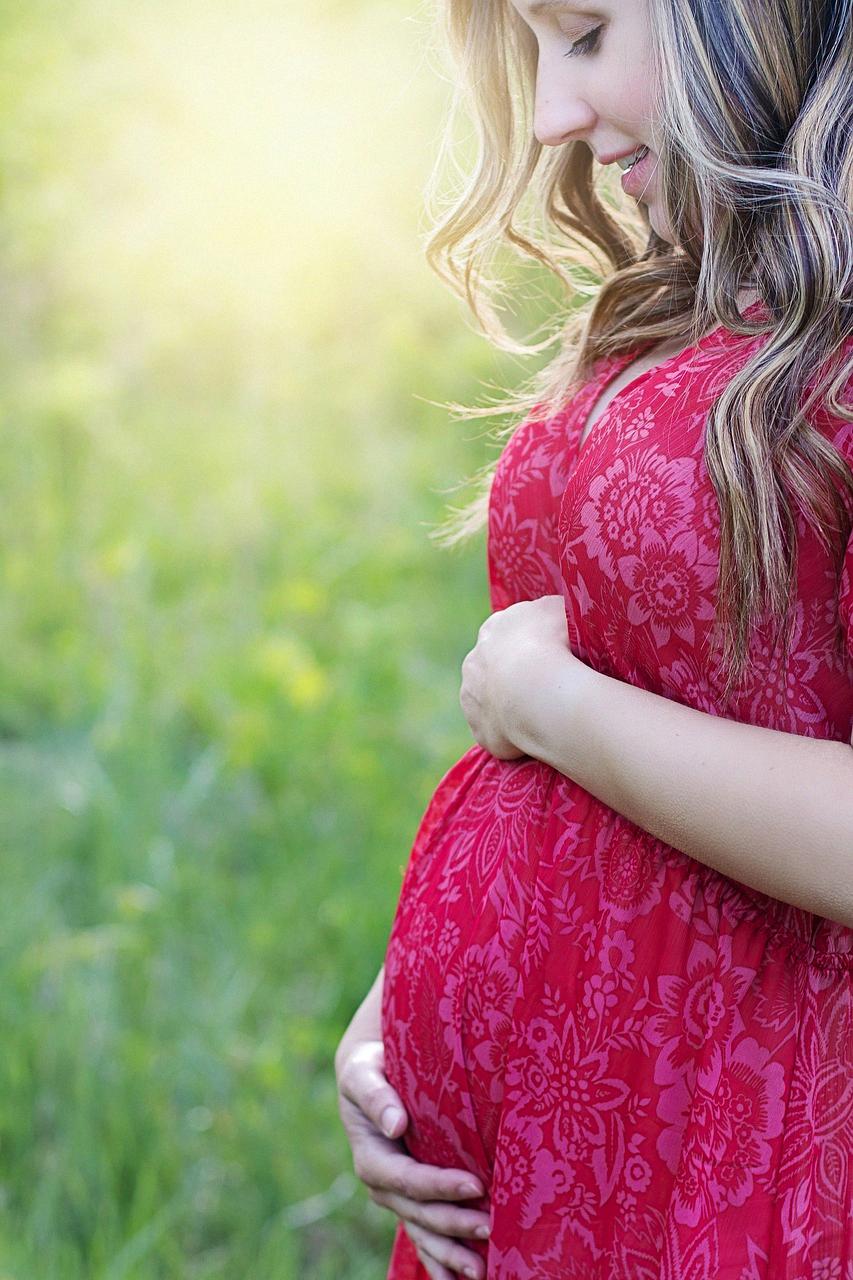When it comes to pregnancy and the potential risks involved with various illnesses, it is essential to be informed about conditions such as Fifth Disease. This viral infection, also known as erythema infectiosum, is caused by the parvovirus B19. It is commonly seen in children, but can also affect adults, including pregnant women.
Transmission and Impact on Pregnancy
Fifth Disease can be transmitted through respiratory secretions, such as coughing and sneezing, as well as through blood. If a pregnant woman becomes infected with Fifth Disease, the virus can potentially cross the placenta and infect the fetus. This transmission can lead to severe complications, including miscarriage or stillbirth.
Risk Factors and Immunity
One critical factor to consider is that about half of all pregnant women are already immune to Fifth Disease due to prior exposure. Immunity is typically acquired after recovering from the illness or through vaccination. If a woman is immune, the risk of complications during pregnancy due to Fifth Disease is significantly lower.
Symptoms in Pregnant Women
For pregnant women who do contract Fifth Disease, the symptoms are often mild and may be mistaken for a common cold or flu. These symptoms can include a mild fever, headache, fatigue, and a distinctive red rash on the face that gives the appearance of slapped cheeks.
Monitoring and Diagnostic Testing
Given the potential risks involved, it is crucial for pregnant women who suspect they have been exposed to Fifth Disease to seek immediate medical attention. Healthcare providers can conduct blood tests to determine if the infection is present and monitor the fetus for any signs of complications.
Management and Treatment
If a pregnant woman is diagnosed with Fifth Disease, the focus is on managing symptoms and monitoring the health of both the mother and the fetus. In some cases, if complications arise, such as severe anemia in the fetus, additional interventions may be necessary to ensure the best possible outcome.
Prevention and Precautions
Preventing Fifth Disease during pregnancy primarily involves practicing good hygiene, such as frequent handwashing, avoiding close contact with individuals who are sick, and staying away from crowded areas where the virus may be circulating. Additionally, being up to date on vaccinations can help reduce the risk of infection.
Consulting Healthcare Professionals
It is always advisable for pregnant women to consult with their healthcare providers about any concerns regarding Fifth Disease or other infectious illnesses. Timely intervention and guidance from medical professionals can help ensure the health and well-being of both the mother and the developing baby.
Conclusion
In conclusion, while Fifth Disease has the potential to affect pregnancy and carry risks for the fetus, being informed, proactive, and seeking appropriate medical care can help mitigate these risks. By understanding the transmission, symptoms, and preventive measures associated with Fifth Disease, pregnant women can take steps to safeguard their health and the health of their unborn child.

